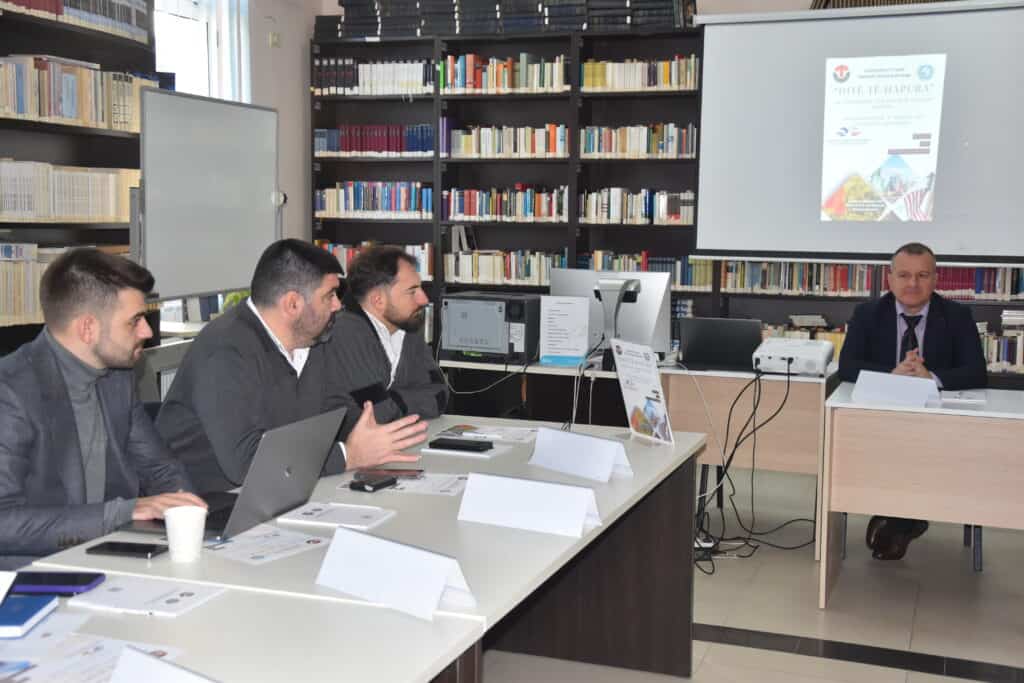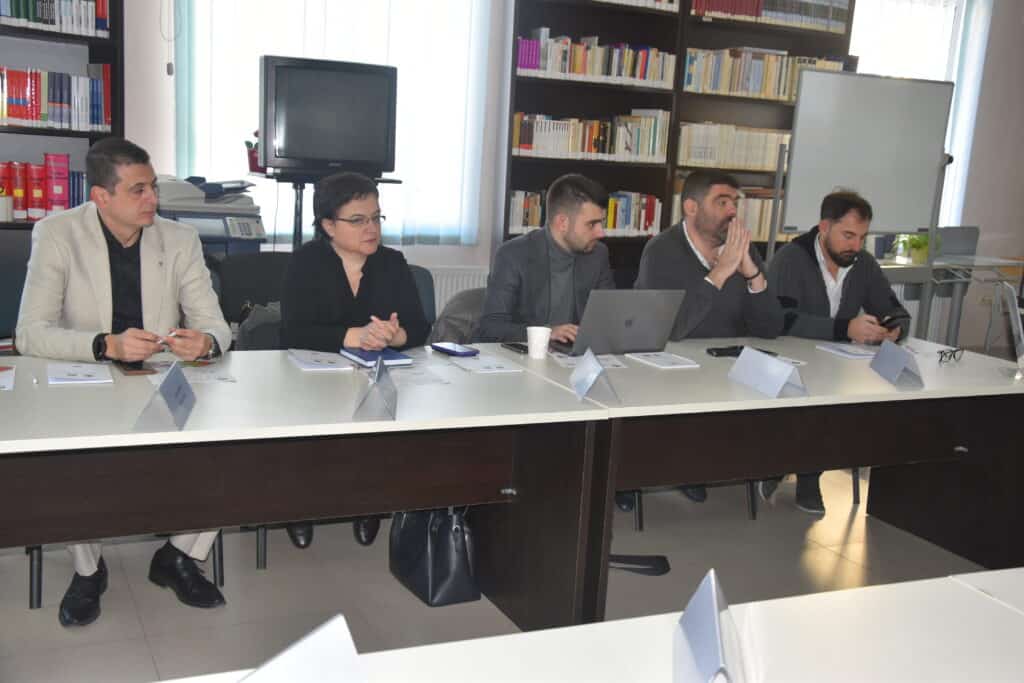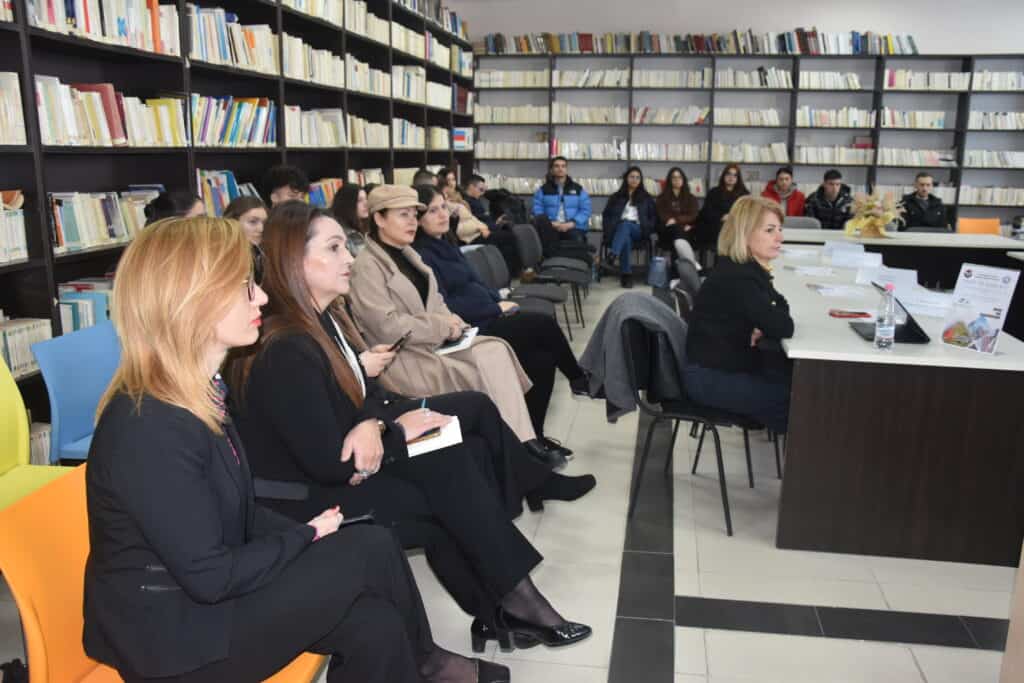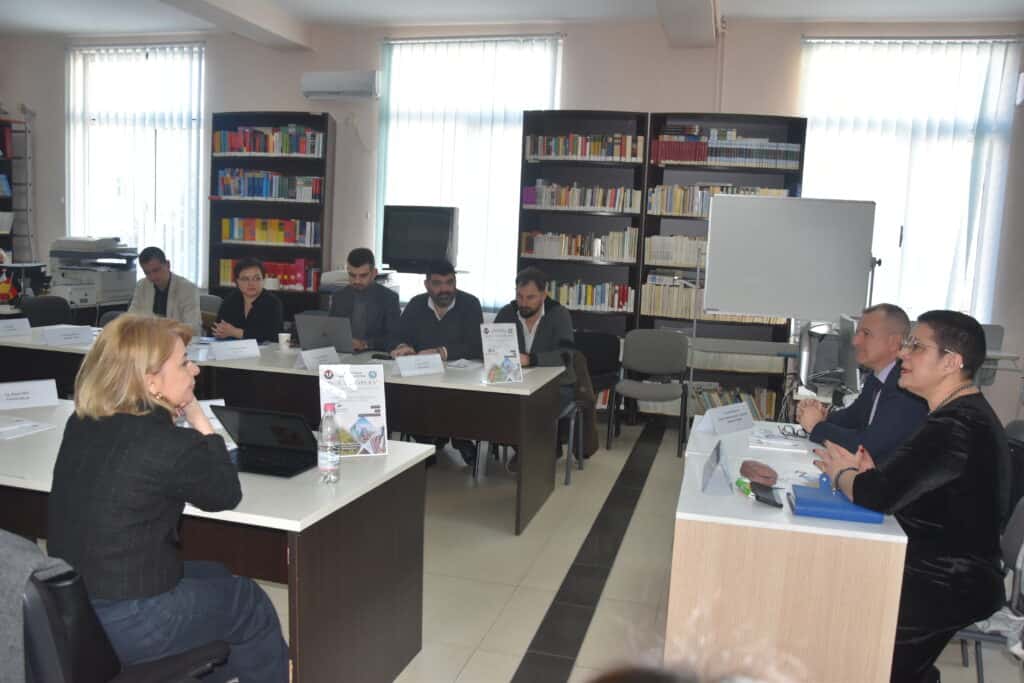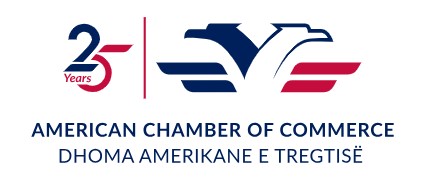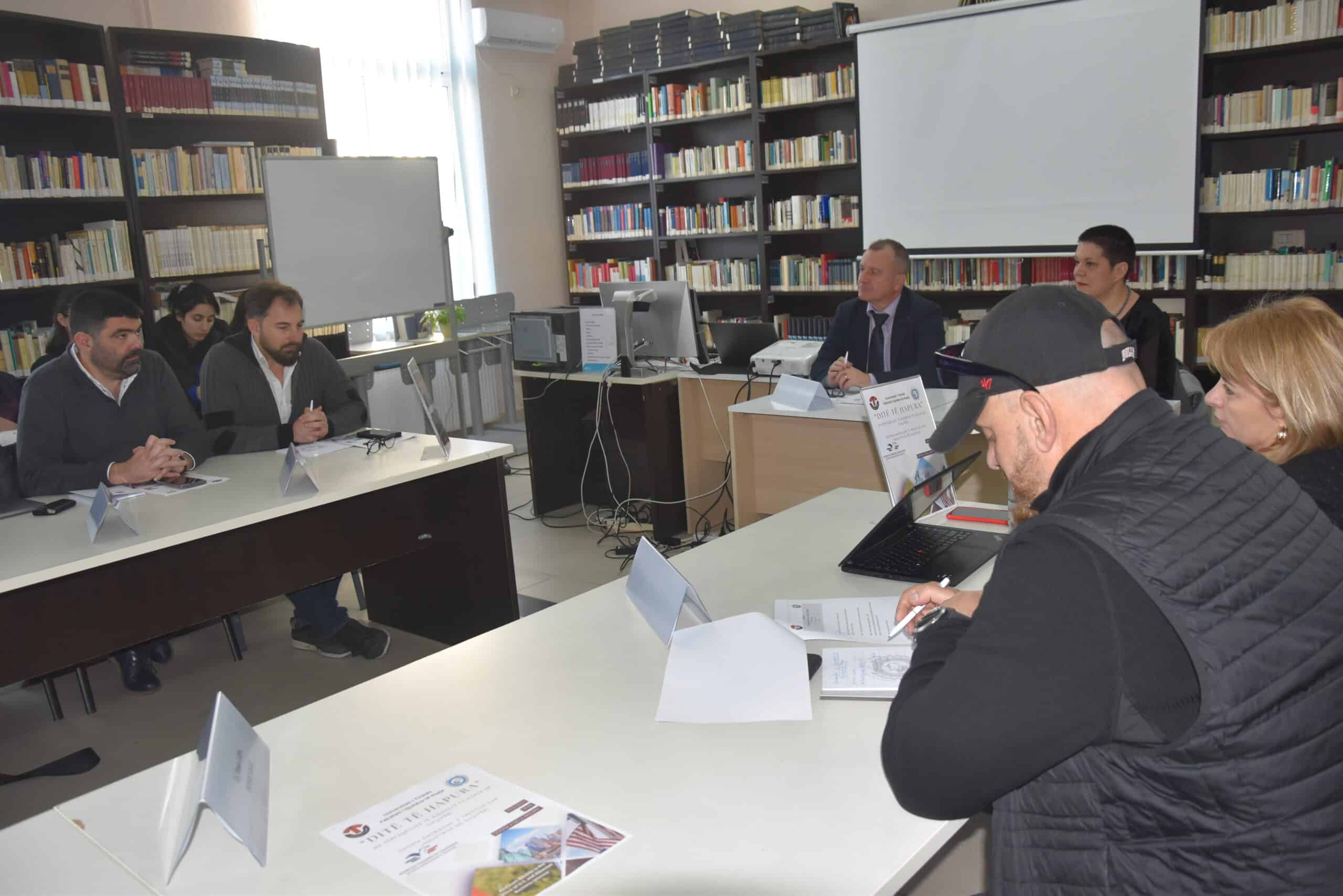AmCham filled a dedicated space at the Faculty of Foreign Languages’ Open Days event, using its business members to communicate their insights and expectations regarding the workforce, aligned with current market needs.
During a practical discussion among all participants, the emphasis was placed on how the academic institution prepares students with skills to navigate a rapidly changing market. Additionally, there was a focus on how businesses should collaborate with the university system to tailor curricula according to evolving market demands.
The meeting was launched by Esmeralda Kromidha, the Dean of the Faculty of Foreign Languages, who underscored the event’s objective of fostering collaboration with businesses as the most effective means to influence student development. While the school may not be able to provide all the necessary knowledge, practical experience in the business sector allows students to showcase their abilities and learn how to further develop them.
Neritan Mullaj, the Executive Director, labelled this initiative as one of the key objectives of the Labor and Ethics Committee—aiming to promote professional growth and strengthen the connection between businesses and the university system. This objective was prompted by a fundamental demand from the business sector, as AmCham members, over the past two years, expressed concerns in the Business Index Survey about the scarcity of a professionally skilled workforce in the market.
Representatives from member businesses in sectors such as Tourism, IT, consultancy, and education shared their experiences in the market, outlining the skills they anticipate from prospective employees. They also discussed significant technological changes and the need for adaptation to digital skills in today’s rapidly evolving digital age. Elite Travel, PwC, DM Consulting, Turgut Ozal College, MaxBrand Albania, and Publishing House “Life” among others, provided valuable insights by engaging directly with students.
The significance of this meeting extends beyond a one-time occurrence; it will persist as a tangible form of collaboration, shaping internship formats, and involving businesses in the development of specific curricula.
